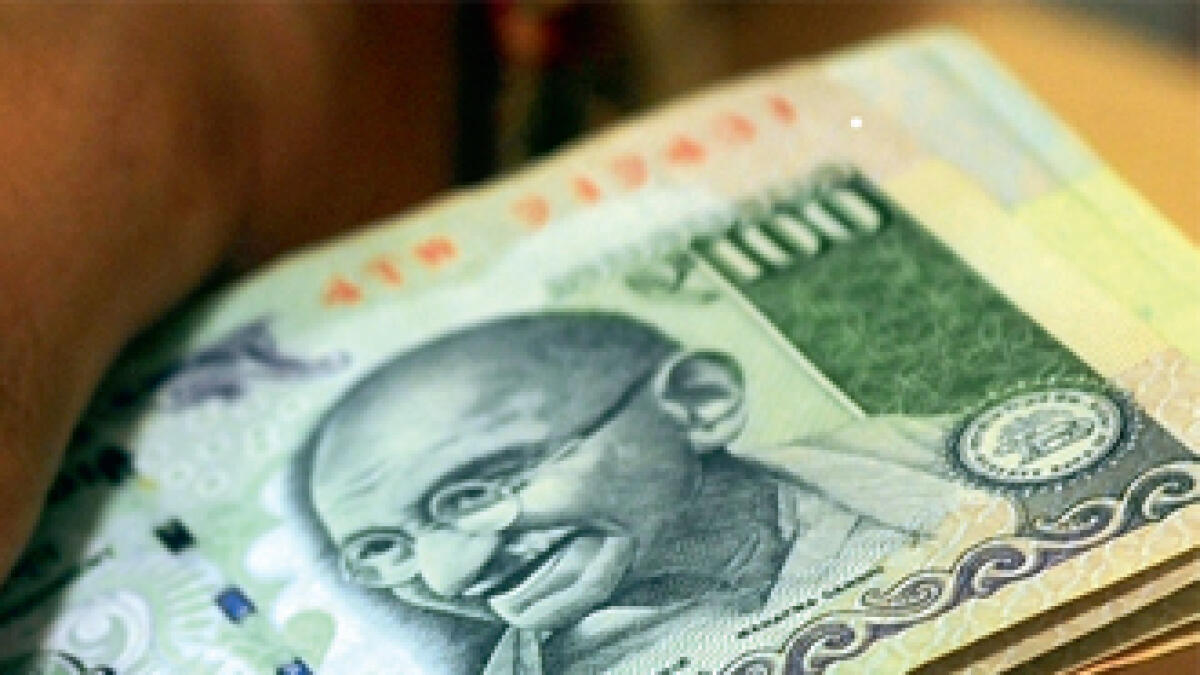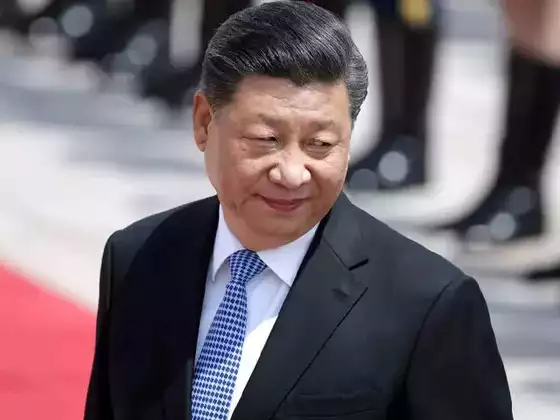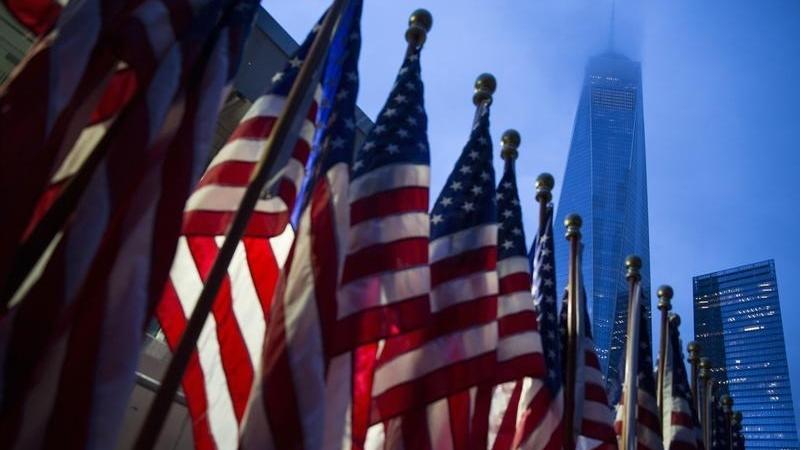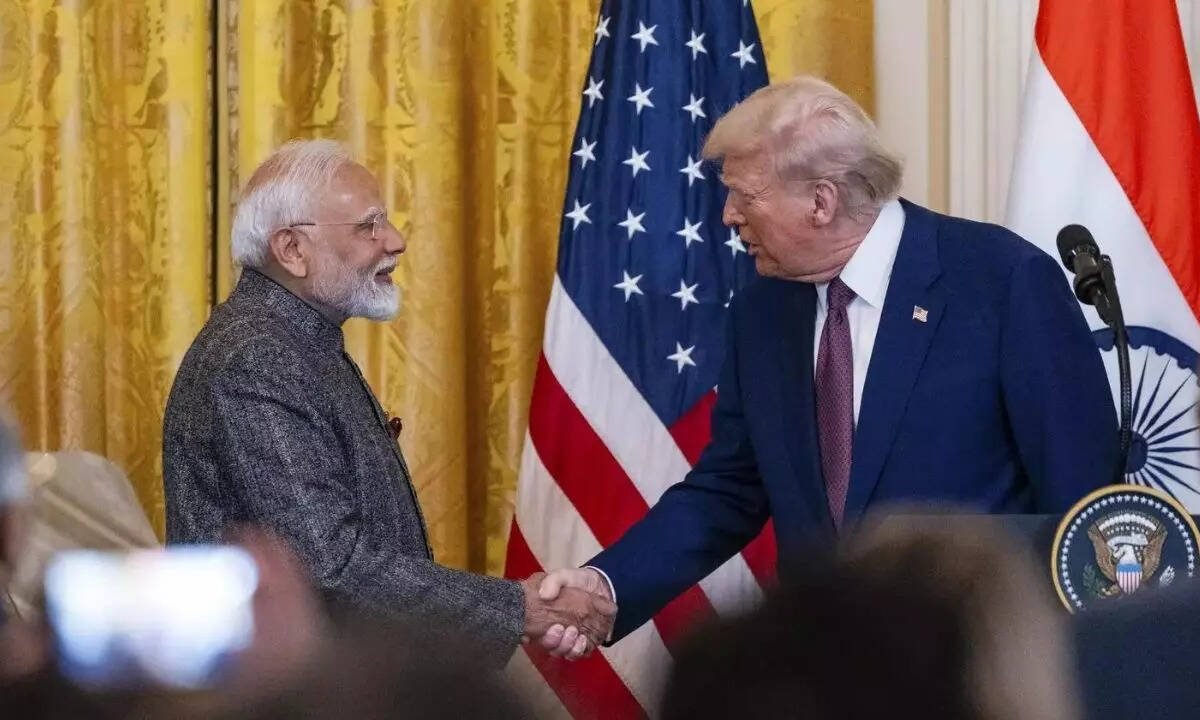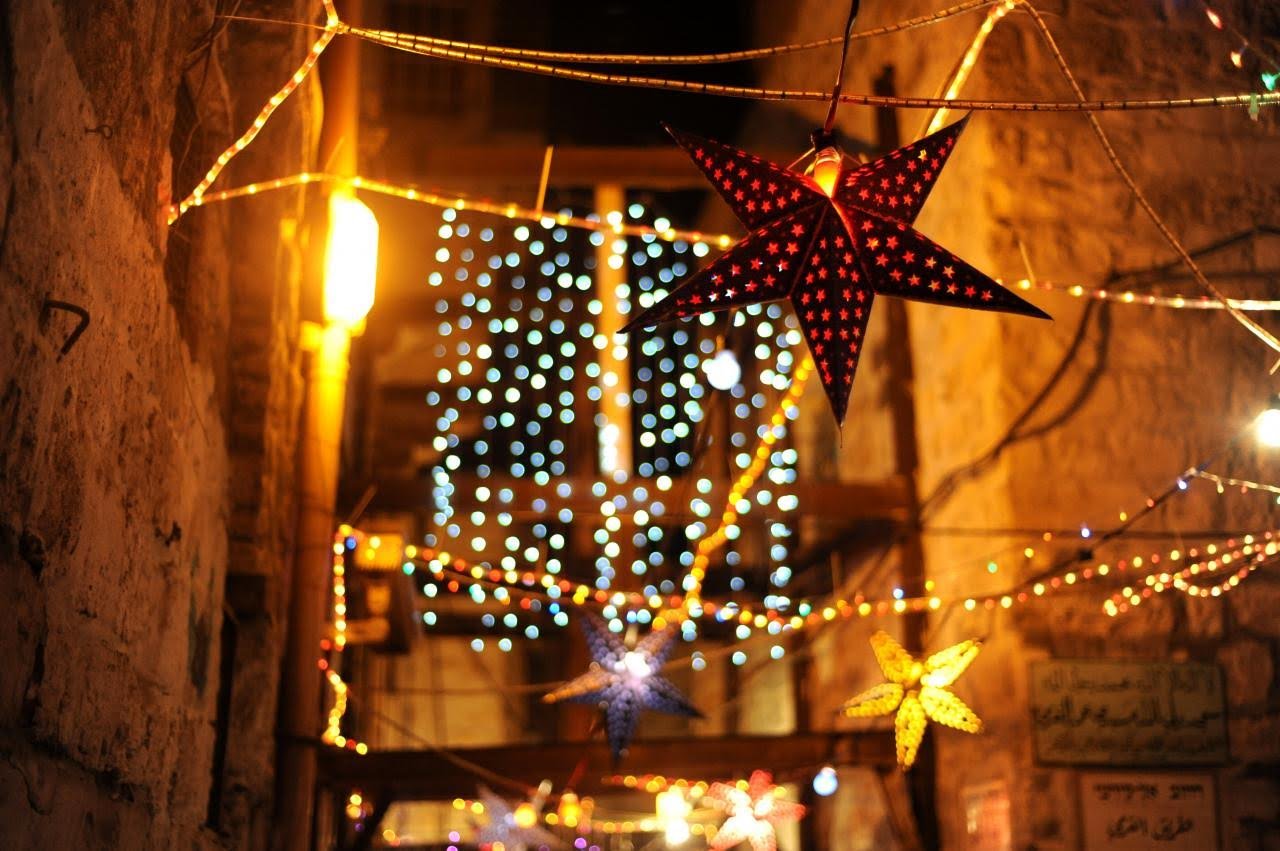For many decades, India’s trade with Bhutan and Nepal has been in Indian rupees. Recently, Sri Lanka included the Indian rupee as a designated foreign currency for its cross-ocean trade
The IDG, headed by the Reserve Bank’s Executive Director, Radha Shyam Ratho, wanted invoicing and settling of international trade transactions in the Indian currency to increase its international presence and acceptance.
India’s central bank, the Reserve Bank of India’s Inter-Departmental Group (IDG) has drawn up measures to make the Indian rupee a global currency. At present, the rupee is not an international currency because it is not fully convertible on capital accounts and unrestricted cross-border transfer of funds in this currency are not permitted under Indian rules, reported wam.ae.
The IDG, headed by the Reserve Bank’s Executive Director, Radha Shyam Ratho, wanted invoicing and settling of international trade transactions in the Indian currency to increase its international presence and acceptance.
-
“The measures for promoting internationalisation of the Indian rupee would involve steps towards parallelly liberalising the capital account, promoting international usage of the rupee and strengthening financial markets.”
-
“The internationalisation of a currency is also closely interlinked with the nation’s economic progress, especially its prominence in global trade.”
For many decades, India’s trade with Bhutan and Nepal has been in Indian rupees. Recently, Sri Lanka included the Indian rupee as a designated foreign currency for its cross-ocean trade.
In a recommendation which will impact non-resident Indians (NRIs), who heavily populate the Gulf region, the IDG has recommended the opening of rupee accounts for NRIs both in India and abroad. At present Indians in the Gulf keep their rupee assets in banks within India in various types of NRI accounts.
The proposed liberalisation will enable them to have rupee accounts in the Gulf and other countries of their overseas residence. The IDG also favours integrating Indian payment systems with those in foreign countries for cross-border transactions.
“The measures for promoting internationalisation of the Indian rupee would involve steps towards parallelly liberalising the capital account, promoting international usage of the rupee and strengthening financial markets,” the IDG said. “The internationalisation of a currency is also closely interlinked with the nation’s economic progress, especially its prominence in global trade.”
Capital accounts deal with changes in foreign ownership of domestic assets and vice versa. They also deal with foreign direct investments and portfolio investments. The changes are expected to be phased in view of the risk of currency volatility. The IDG has proposed a two to five-year period for implementing some of its recommendations.
********************************************************
Readers
These are extraordinary times. All of us have to rely on high-impact, trustworthy journalism. And this is especially true of the Indian Diaspora. Members of the Indian community overseas cannot be fed with inaccurate news.
Pravasi Samwad is a venture that has no shareholders. It is the result of an impassioned initiative of a handful of Indian journalists spread around the world. We have taken the small step forward with the pledge to provide news with accuracy, free from political and commercial influence. Our aim is to keep you, our readers, informed about developments at ‘home’ and across the world that affect you.
Please help us to keep our journalism independent and free.
In these difficult times, to run a news website requires finances. While every contribution, big or small, will makes a difference, we request our readers to put us in touch with advertisers worldwide. It will be a great help.
For more information: pravasisamwad00@gmail.com

